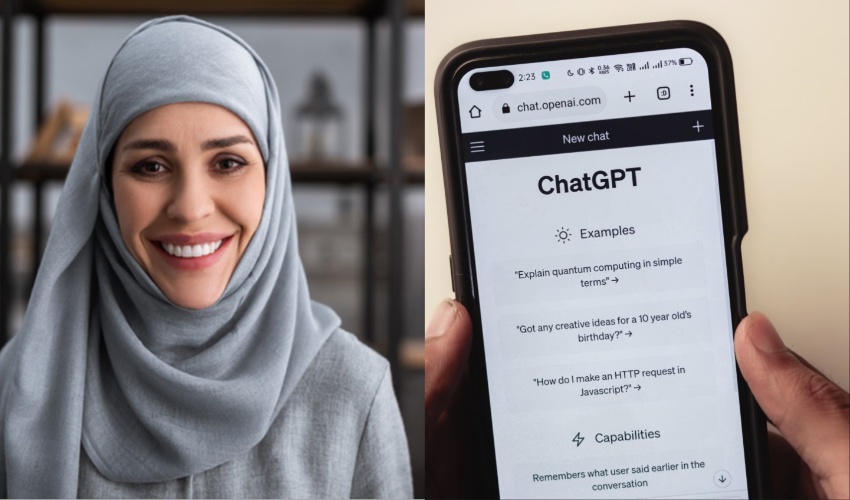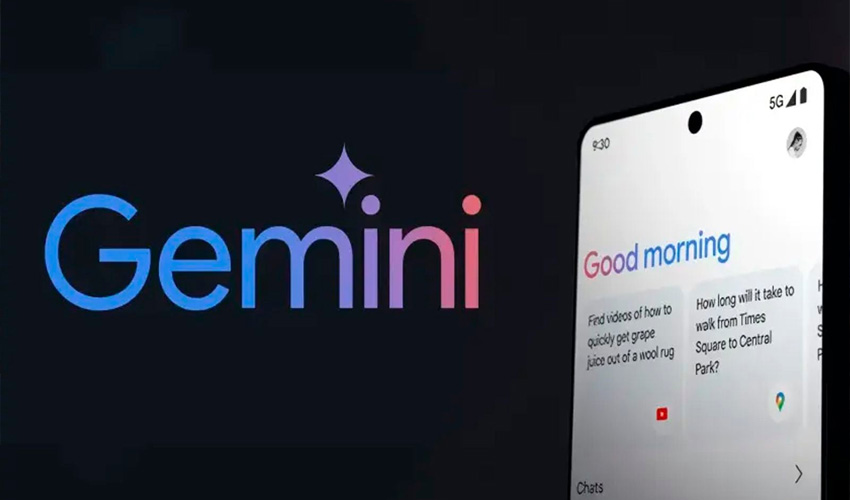Famous influencer on Instagram Lily Jay heated the discussion over social media by asking one AI language model named GPT such a sensitive and misunderstood question: "Does Islam oppress women?"
The explanation that was given thereafter had to be thorough to make it clear with Islamic principles regarding the rights of women. GPT answered, in line with traditional Islamic teachings, that Islam does not oppress women.
Instead, it explained that the religion grants women enormous rights and protections, most of which were revolutionary at the time Islam was revealed.
Key points raised by GPT
Right to education
The response explained that Islam supports men and women in pursuing knowledge. It referred to the statement of Prophet Muhammad, who made it known that Muslims, whether male or female, should pursue education.
Economic rights
Women in Islam have the right to own property, operate businesses, and earn an independent income. GPT added these rights that were well before their time, especially when juxtaposed against other societies where the legal standing of women was little or nonexistent.
Marriage and divorce
Islam gives women the right to choose her spouse and give consent in marriage. Again, a progressive concept at the time of revelation allowed women to have the right to divorce (khula) when they were not happy by approaching her husband.
Inheritance right
The response also claims that Islam gave women a share in inheritance-a concept unheard of at the time Islam was revealed.
Spiritual equality
Most important perhaps was that GPT reiterated that in Islam, both male and female counterparts are not unequal before Allah but on the contrary are held accountable based on their actions and piety and not based on their genders.
Lily Jay is one of those influencers with thousands of followers, especially notorious for interactions over very socially relevant topics on her platform.
The question she asked about Islam and women's rights has generated broad conversations on all the social media platforms-an express interest in the proper representation of Islamic values.
The explanation that was given thereafter had to be thorough to make it clear with Islamic principles regarding the rights of women. GPT answered, in line with traditional Islamic teachings, that Islam does not oppress women.
View this post on Instagram
Instead, it explained that the religion grants women enormous rights and protections, most of which were revolutionary at the time Islam was revealed.
Key points raised by GPT
Right to education
The response explained that Islam supports men and women in pursuing knowledge. It referred to the statement of Prophet Muhammad, who made it known that Muslims, whether male or female, should pursue education.
Economic rights
Women in Islam have the right to own property, operate businesses, and earn an independent income. GPT added these rights that were well before their time, especially when juxtaposed against other societies where the legal standing of women was little or nonexistent.
Marriage and divorce
Islam gives women the right to choose her spouse and give consent in marriage. Again, a progressive concept at the time of revelation allowed women to have the right to divorce (khula) when they were not happy by approaching her husband.
Inheritance right
The response also claims that Islam gave women a share in inheritance-a concept unheard of at the time Islam was revealed.
Spiritual equality
Most important perhaps was that GPT reiterated that in Islam, both male and female counterparts are not unequal before Allah but on the contrary are held accountable based on their actions and piety and not based on their genders.
Lily Jay is one of those influencers with thousands of followers, especially notorious for interactions over very socially relevant topics on her platform.
The question she asked about Islam and women's rights has generated broad conversations on all the social media platforms-an express interest in the proper representation of Islamic values.


























